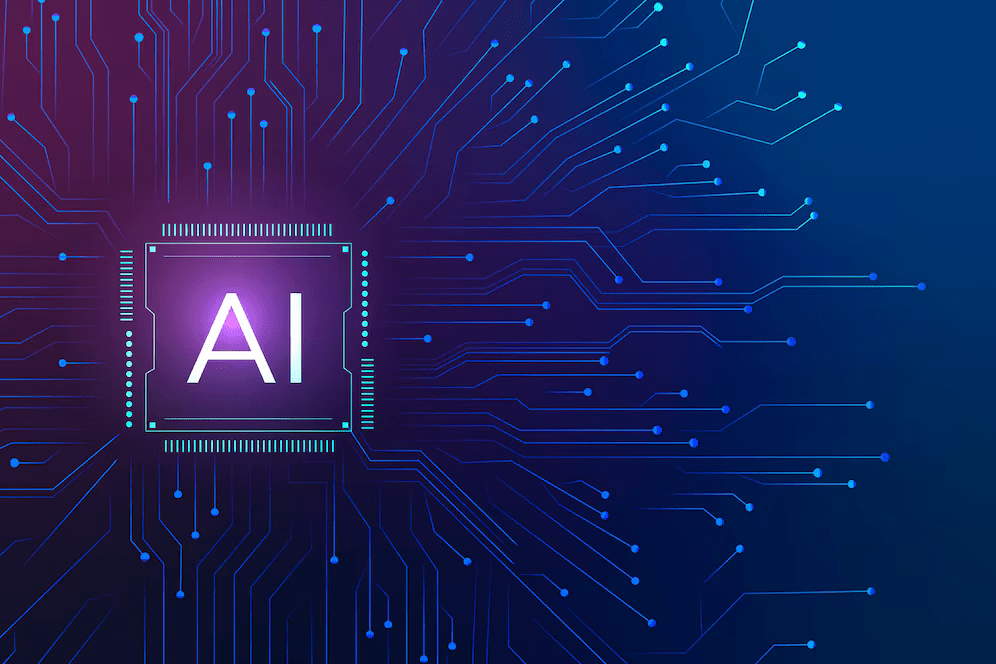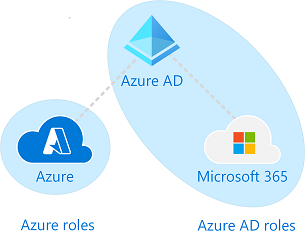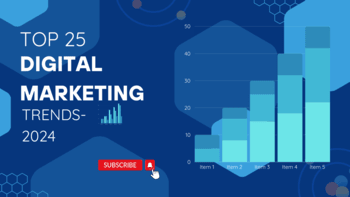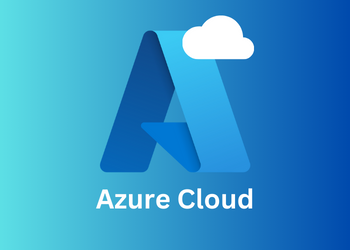
In the fast-paced realm of digital marketing, staying ahead of the curve is not just an option; it's a necessity. As technology continues to evolve, one buzzword has taken center stage in revolutionizing the industry Artificial Intelligence (AI). In this guide, we'll explore the transformative impact of AI in digital marketing and how savvy marketers can harness its capabilities to drive success in an increasingly competitive landscape.
Understanding AI in Digital Marketing
AI is not just a futuristic concept; it's a present reality reshaping the way we approach marketing strategies. At its core, AI involves the development of computer systems capable of performing tasks that would typically require human intelligence. In the context of digital marketing, this means leveraging algorithms and machine learning to analyze data, make predictions, and automate processes.
1. SEO Supercharged with AI:
In the realm of Search Engine Optimization (SEO), AI is a game-changer. Search engines are becoming more sophisticated in understanding user intent, and AI plays a crucial role in deciphering complex search queries. Marketers can utilize AI tools to conduct comprehensive keyword research, optimize on-page content, and predict emerging search trends, ensuring their content is not just visible but resonates with the target audience.
Tip: Incorporate long-tail keywords and natural language in your content to align with how users phrase their search queries.
2. Personalized User Experiences.
Gone are the days of generic marketing messages. AI empowers marketers to deliver highly personalized and targeted content based on user behavior, preferences, and demographics. By analyzing vast amounts of data, AI algorithms can create tailored customer journeys, enhancing engagement and conversion rates.
Tip: Optimize your website for mobile devices to cater to the growing number of users accessing content on smartphones and tablets.
3. Chatbots and Customer Interaction.
Enhancing customer experience is a top priority, and AI-driven chatbots are at the forefront of this endeavor. These intelligent bots can engage with users in real-time, answering queries, providing product recommendations, and even facilitating transactions. The result? Improved customer satisfaction and increased efficiency in handling routine tasks.
Tip: Implement structured data markup to help search engines understand the content and context of your pages, potentially leading to rich snippets in search results.
4. Predictive Analytics for Smarter Decision-Making.
AI's predictive analytics capabilities empower marketers to make data-driven decisions. By analyzing historical data and identifying patterns, AI can forecast trends, customer behaviors, and market shifts. This foresight allows marketers to proactively adjust their strategies, staying ahead of the competition.
Tip: Regularly update and repurpose your evergreen content to keep it relevant, signaling to search engines that your content is current and valuable.
5. Programmatic Advertising Precision.
AI-driven programmatic advertising is transforming the way brands connect with their audience. Through real-time bidding and automated ad placements, marketers can optimize their ad spend, ensuring messages reach the right audience at the right time. This not only maximizes efficiency but also enhances the overall ROI of digital advertising efforts.
Tip: Leverage high-quality backlinks from authoritative websites to boost your site's credibility in the eyes of search engines.
Embracing the Future: Practical Implementation Tips.
Now that we've delved into the diverse applications of AI in digital marketing, how can marketers integrate these technologies into their strategies effectively?
1. Invest in AI Tools and Platforms.
Explore and invest in AI-powered tools and platforms designed for digital marketing. Whether it's AI-driven analytics, chatbot solutions, or SEO tools, choosing the right technology will be pivotal in unlocking the full potential of AI.
Tip: Regularly audit your website for broken links and fix them promptly, as they can negatively impact your search rankings.
2. Stay Informed About AI Developments.
The field of AI is dynamic, with continuous advancements and new tools emerging regularly. Stay informed about the latest developments, attend industry conferences, and participate in webinars to ensure your strategies are aligned with the most recent trends.
Tip: Optimize your meta titles and descriptions with compelling, click-worthy content to improve your click-through rates in search results.
3. Test and Iterate.
Implementing AI in your digital marketing strategy is not a one-size-fits-all approach. Test different tools, strategies, and approaches, and closely monitor the results. By iterating based on performance metrics, you can refine your AI-powered strategies for optimal outcomes.
Tip: Utilize schema markup to provide additional context to search engines about the content on your pages.
Conclusion: AI as the Driving Force in Digital Marketing.
In conclusion, the integration of AI in digital marketing is not just a trend; it's a fundamental shift that defines success in the digital landscape. From SEO optimization to personalized user experiences and predictive analytics, AI offers a myriad of opportunities for marketers willing to embrace innovation.
As you navigate the ever-evolving digital marketing landscape, remember that SEO and AI go hand in hand. By adopting AI technologies strategically, you not only enhance your marketing efforts but also position yourself at the forefront of industry advancements.
with AI, revolutionize your digital marketing strategies, and propel your brand into a future where success is defined by adaptability and innovation.
Comments (0)
Categories
Recent posts


AI (Artificial Intelligence) in digital ...
18 Dec 2023
Digital Marketing 2024 : Top 25 Digital ...
7 Dec 2023
A Beginner's Guide to Embarking on Your ...
5 Sep 2023
Quickstart: How to Create a Linux ...
6 Sep 2023CALL NOW ! +91 9037376960

100% Money-Back Guarantee: Invest in Your Success Risk-Free!



